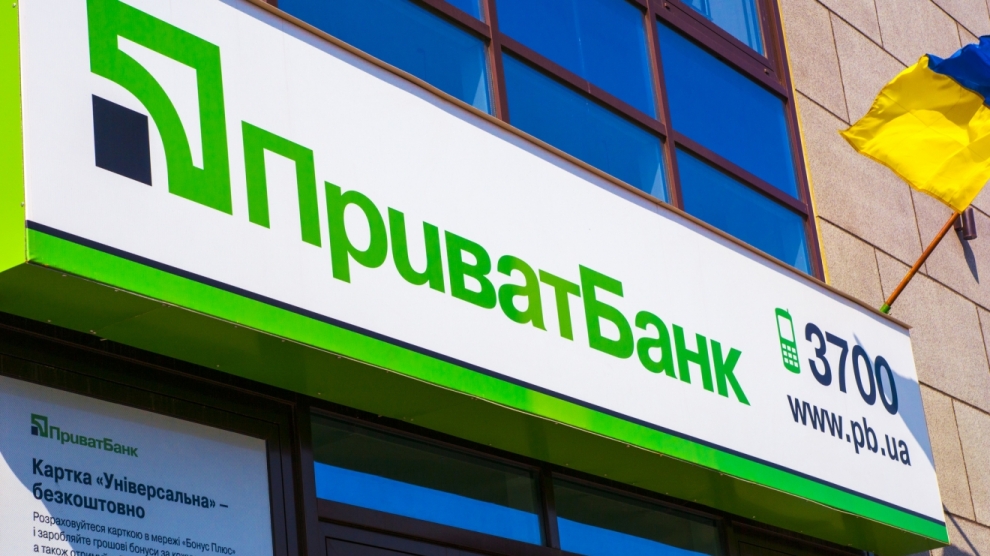Ukraine’s prime minister, Oleksiy Honcharuk, has denied that his government is negotiating a compromise with oligarch Igor Kolomoisky regarding PrivatBank, the largest commercial bank in the country.
PrivatBank was owned by Mr Kolomoisky before being nationalised in 2016 on the advice of the National Bank of Ukraine and the bank’s shareholders after it was found that the bank had a 5.6-billion US dollar hole on its balance sheet.
According to Mr Honcharuk, recent comments made about the case to the Financial Times, which were picked up by the Ukrainian media, were misinterpreted.
“The government is not negotiating with anyone,” said the prime minister, who added that the government was closely monitoring the situation.
“I emphasised that I do not know the legal details of this case in order to make in depth comment,” he continued, expressing his trust that any effort surrounding the case will be made in consultation with the country’s international partners.
Mr Honcharuk’s announcement came shortly before Valeriya Gontareva, the former head of the National Bank of Ukraine (NBU), reported that her country house had been destroyed in an arson attack.
On August 26, she was hospitalised after being hit by a car when walking in London.
Mrs Gontareva, who NBU governor when PrivatBank was nationalised, blamed Mr Kolomoisky for the attacks. The Ukrainian oligarch has denied the allegations.
The European Business Association in Ukraine and the American Chamber of Commerce have urged the Ukrainian authorities to give an appropriate response to both issues.
“Ensuring macroeconomic stability, an independent National Bank and continued cooperation with the International Monetary Fund to ensure sustainable economic growth of Ukraine should also be a key priority for all branches of power,” the business representatives wrote in a statement.
On September 17, Ukraine’s eurobonds fell slightly over the news related to PrivatBank and Mrs Gontareva. “This fall is not yet overshadowing the powerful growth we had in 2019, but this is an alarming signal,” Mykhailo Demkiv told Ukrainian news agency UNIAN.

